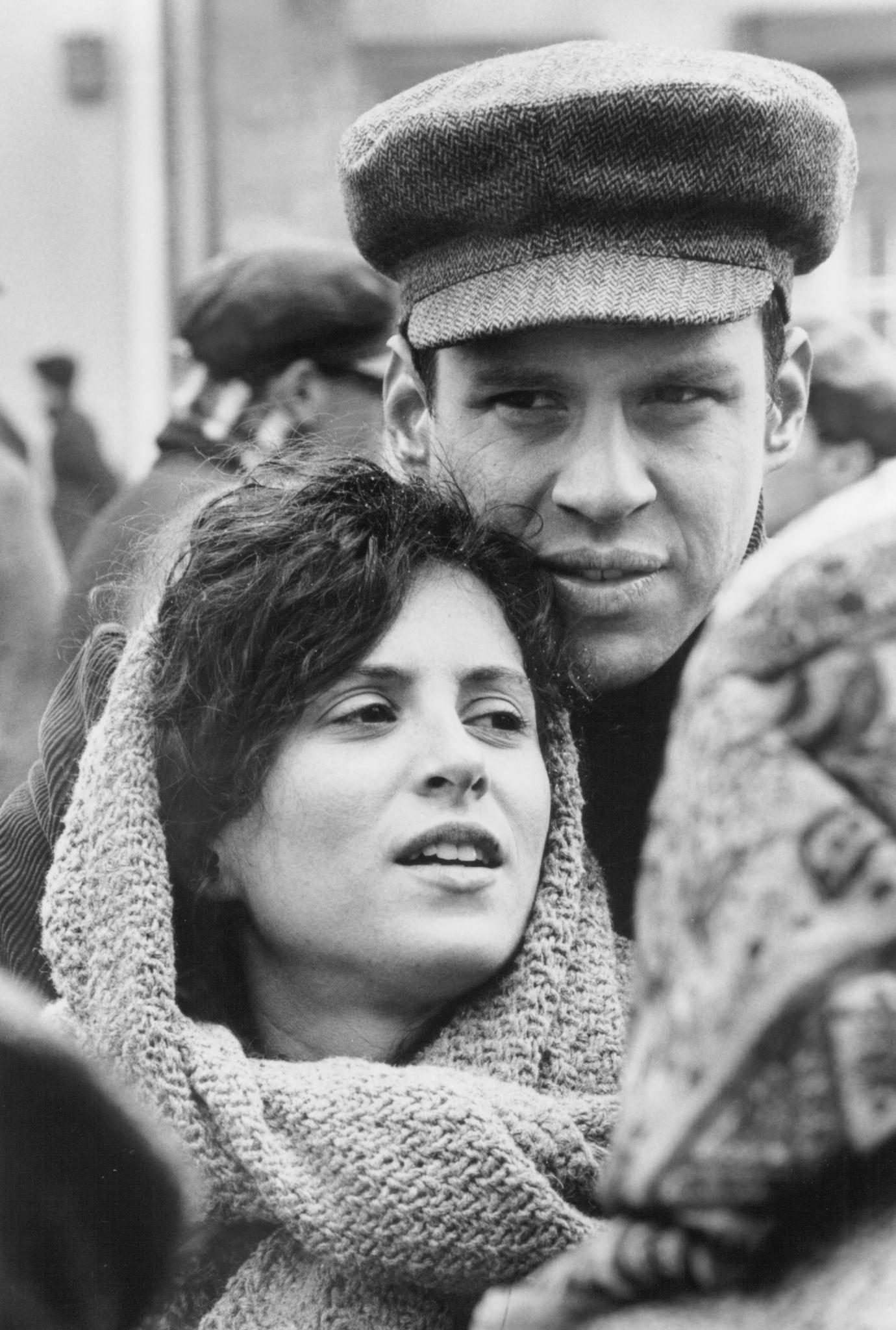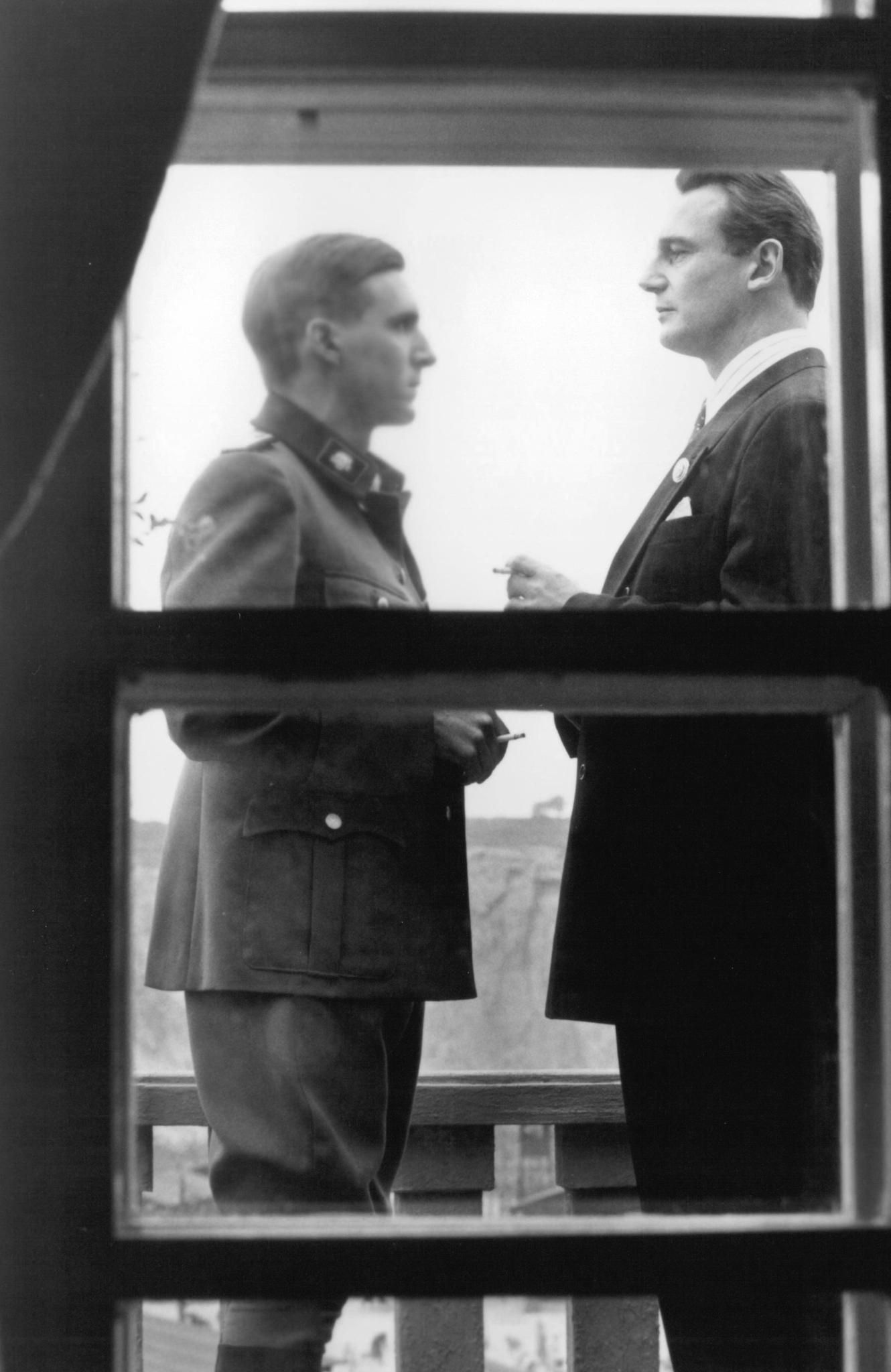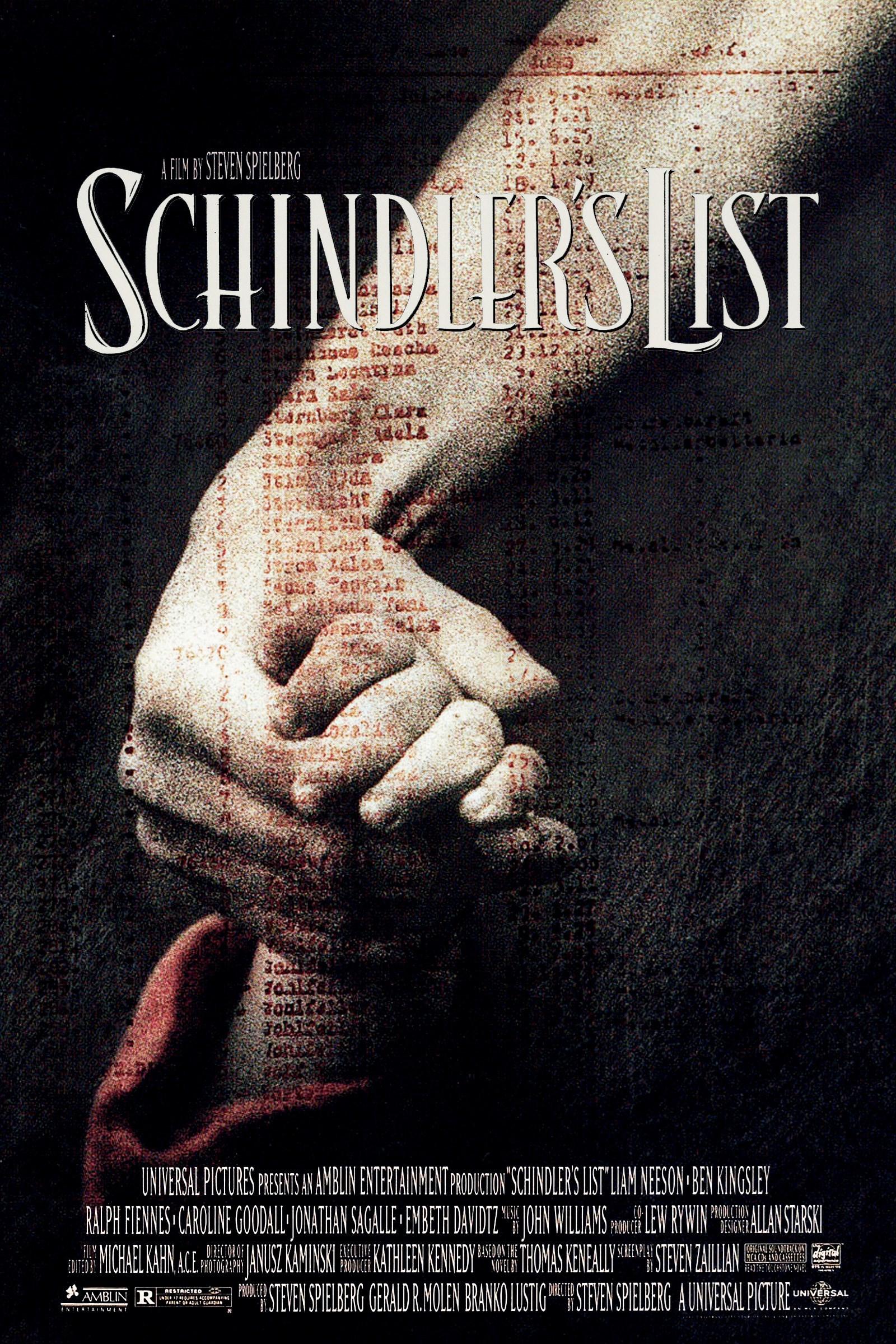Synopsis
In the shadow of World War II, the harrowing plight of Polish Jews unfolds as Krakow becomes a center of forced relocation. At the heart of this devastating backdrop is Oskar Schindler, a businessman with opportunistic ambitions. Arriving from Czechoslovakia, Schindler aims to capitalize on the war by employing an inexpensive Jewish labor force to produce goods for the German military. With the help of Itzhak Stern, a member of Krakow's Jewish Council, Schindler navigates this perilous environment, establishing a factory that becomes a lifeline for many. The factory offers refuge from the brutal reach of the Nazi regime, as Stern crafts meticulous records to ensure as many Jews as possible are deemed essential workers.
As the narrative deepens, Amon Göth, an SS officer known for his ruthlessness, arrives to oversee a labor camp construction, marking the beginning of Krakow's ghetto liquidation. Schindler, watching this brutal onslaught from a distance, becomes increasingly aware of the human cost of the war. Yet, he strategically befriends Göth, securing a sub-camp where his workers find a semblance of safety. Despite an order to send all remaining Jews to Auschwitz, Schindler maneuvers to keep his workforce intact by transferring them to a new factory in his hometown, away from the impending Nazi's final solution.
Schindler's efforts give rise to "Schindler's List," a register of individuals who will escape labor camps' horrors. An emotional gamble with Göth spares Helen Hirsch, a housekeeper suffering under his abuse, ensuring her place on this life-saving list. However, chaos strikes when women and children bound for Schindler's factory are mistakenly sent to Auschwitz. Racing against time, Schindler intervenes, employing bribes to extract them from certain death, showcasing his enduring defiance against the confines of Nazi tyranny.
Within the sanctuary of Zwittau-Brinnlitz, Schindler implements measures to shield the workers from the cruelty of Nazi guards, emphasizing dignity and safety. As the war reaches its twilight, Schindler's fortune dwindles, spent on keeping the heartless machinery of war at bay. Though marked as a Nazi, he prepares to flee from the impending Soviet advance, leaving behind a letter of gratitude and a symbolic ring from his workers, engraved with a message of legacy and gratitude.
The dawn of liberation breathes new life into those he saved, with the arrival of Soviet soldiers signaling the war's end. Years later, the few remaining Schindler Jews honor him at his grave, reflecting on a legacy that defied the odds. A moment of homage captures the remarkable testament to the indomitable human spirit embodied by Schindler, memorialized by a simple act—placing stones on his grave. Today, his selfless actions echo in the lives of thousands of descendants.
Argument
The cinematic masterpiece, , offers a profound exploration of human morality and transformation amidst the bleak backdrop of World War II. The narrative unfolds in late 1939, as the relocation of Polish Jews into Krakow foreshadows the grim events of the Holocaust. The rapid defeat of the Polish Army by German forces sets the stage for Oskar Schindler, a Czechoslovakian businessman portrayed by Liam Neeson, who arrives with opportunistic intentions. His goal is to exploit the abundant but cheap Jewish labor to produce goods for the German military. Schindler's initial motivations are far from altruistic; as a calculating member of the Nazi party, he generously bribes the army and SS officials to secure a factory for manufacturing enamelware. Through these actions, he quickly garners the sponsorship of military officials, which satisfies his ambitions for wealth and status.
However, Schindler's expertise does not extend to the practicalities of running a factory. Itzhak Stern, played by Ben Kingsley, emerges as an indispensable ally. As a member of the local Jewish Council, Stern facilitates Schindler's connections with the Jewish business community dwelling in the ghetto. This network provides financial backing for Schindler's venture in return for a minor share of the output, earmarked for black-market trading. Observing Schindler's evolving conscience, Stern proposes a new strategy—hire Jews instead of Poles. This decision also serves a pragmatic purpose, as Jewish workers come at a lower cost. In the meantime, Stern masterfully manipulates paperwork, extending the designation of "essential" to as many Jews as possible, thus shielding them from the dreadful fate of concentration camps.
As the story progresses, Amon Göth, played by Ralph Fiennes, enters the narrative. His character epitomizes the unsettling cruelty of the Nazi regime. Göth's arrival initiates the construction of the Paszów labor camp, marking a pivotal development in Krakow's timeline. The liquidation of the Krakow ghetto escalates the narrative tension, as the merciless execution of resistance or incapacity by Göth's troops highlights the regime's barbarism. The impact of witnessing such carnage profoundly affects Schindler. Yet, to navigate the treacherous waters of Nazi politics, he maintains an uneasy alliance with Göth, facilitated through Stern's adept use of bribery.
Göth's command to eliminate evidence of the atrocities by exhuming and destroying bodies is met with Schindler's determined resistance. Characteristically, Schindler maneuvers to protect his workforce, realizing that relocating to his hometown of Zwittau-Brinnlitz offers salvation from the escalating horrors. Göth capitulates, provided Schindler pays for each individual transferred. Thus begins the assembly of the eponymous "Schindler's List," where being included signifies survival against insurmountable odds. The stakes become personal as Schindler negotiates for Helen Hirsch's safety, a servant entrapped by Göth's sadistic inclinations.
The men on Schindler's list secure passage to the new facility without incident, yet the narrative takes a dark turn when the women and children are mistakenly rerouted to Auschwitz. This segment of the film encapsulates the terror of the Holocaust, as the women endure terrifying processing and are led to what they fear is a gas chamber, only to be doused with water instead. In an evocative display of determination, Schindler intervenes, persuading Auschwitz's commander, Rudolf Höss, with a diamond bribe to secure the release of his workers. Another heart-stopping moment arises as SS officers attempt to separate children from departing, but Schindler's steadfast presence secures their reunification with families.
As the surviving Jews settle into Brinnlitz, Schindler dismantles the oppressive practices imposed by the Nazi guards. He institutes a sanctuary where summary executions and abuse are prohibited, and spiritual practices, such as observing the Sabbath, are allowed—a significant gesture of humanity in dire times. Despite the fiscal drain of supporting these measures, his wife joins him, affirming a personal transformation from unrepentant womanizer to devoted partner. The war denouement sees Schindler impoverished but morally enriched as the German army capitulates.
Faced with Soviet retribution for his past affiliations, Schindler escapes, disbanding Nazi guards and offering heartfelt goodbyes to the lives he has irrevocably changed. The emotional gravity of this closure is underscored by the Jews' gift of a letter and a ring reading, "He who saves the life of one man, saves the world entire." This sentiment reverberates as Schindler expresses haunting regret over those he could not save.
When freedom arrives the next dawn, the liberated Schindler Jews venture forth under a revitalized hope. This historical tapestry is enriched by acknowledging Schindler's posthumous recognition as "righteous" by Yad Vashem, and the survival of thousands deriving from his intervention. Göth's fate starkly contrasts, as his unwavering allegiance to Hitler leads to execution for wartime atrocities.
The film's closing scenes transport us to the present, where a poignant homage occurs at Schindler's resting site in Israel. The real survivors and their descendants commemorate his legacy by placing stones on his grave, a Jewish tradition symbolizing enduring respect. The film powerfully intertwines past and present, illustrated through actors accompanying those they portrayed. This confluence underscores the perpetual impact of Schindler's courage, with another cleansing gesture as Neeson's character lays roses on the tombstone, signifying a soulful reconciliation with history.
transcends its temporal setting to illuminate universal themes of redemption, moral complexity, and the profound capability of individuals to effect change amidst adversity. It remains a definitive illustration of cinema's power to preserve and provoke thought on the human condition.
Cast
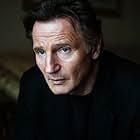
Liam Neeson
Oskar Schindler
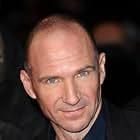
Ralph Fiennes
Amon Goeth

Ben Kingsley
Itzhak Stern

Caroline Goodall
Emilie Schindler

Jonathan Sagall
Poldek Pfefferberg

Embeth Davidtz
Helen Hirsch

Malgorzata Gebel
Wiktoria Klonowska

Shmuel Levy
Wilek Chilowicz

Mark Ivanir
Marcel Goldberg

Béatrice Macola
Ingrid

Andrzej Seweryn
Julian Scherner

Friedrich von Thun
Rolf Czurda

Krzysztof Luft
Herman Toffel

Harry Nehring
Leo John

Norbert Weisser
Albert Hujar
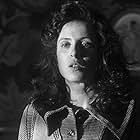
Adi Nitzan
Mila Pfefferberg

Michael Schneider
Juda Dresner

Miri Fabian
Chaja Dresner
Multimedia





